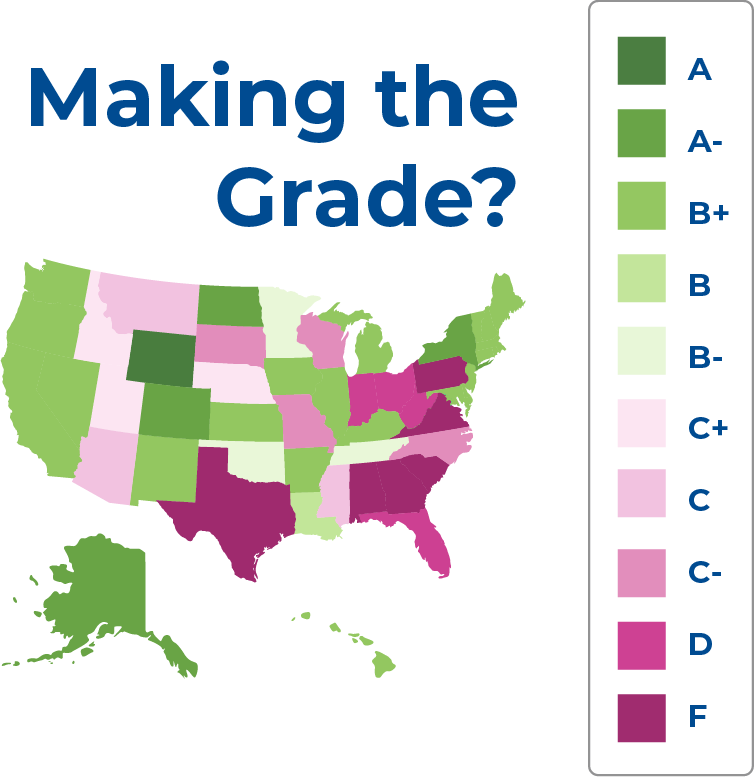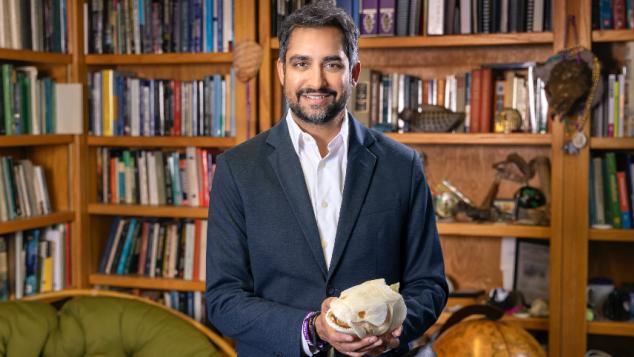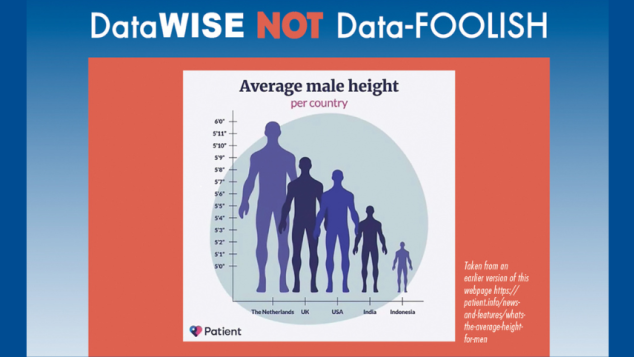Millions of students don't get an accurate science education
How do we know?The National Center for Science Education believes they deserve better.
The Root of the Problem
Science teachers recognize that evolution and climate change are widely misunderstood or rejected in many places.
Teaching these topics without specific training is challenging. Many teachers avoid these well-established yet culturally controversial areas of science to avoid conflict.

33% of high school biology teachers fail to unequivocally acknowledge the scientific consensus on evolution
Read the Study
40% of middle and high school teachers teach climate change inaccurately.
Read the Study






